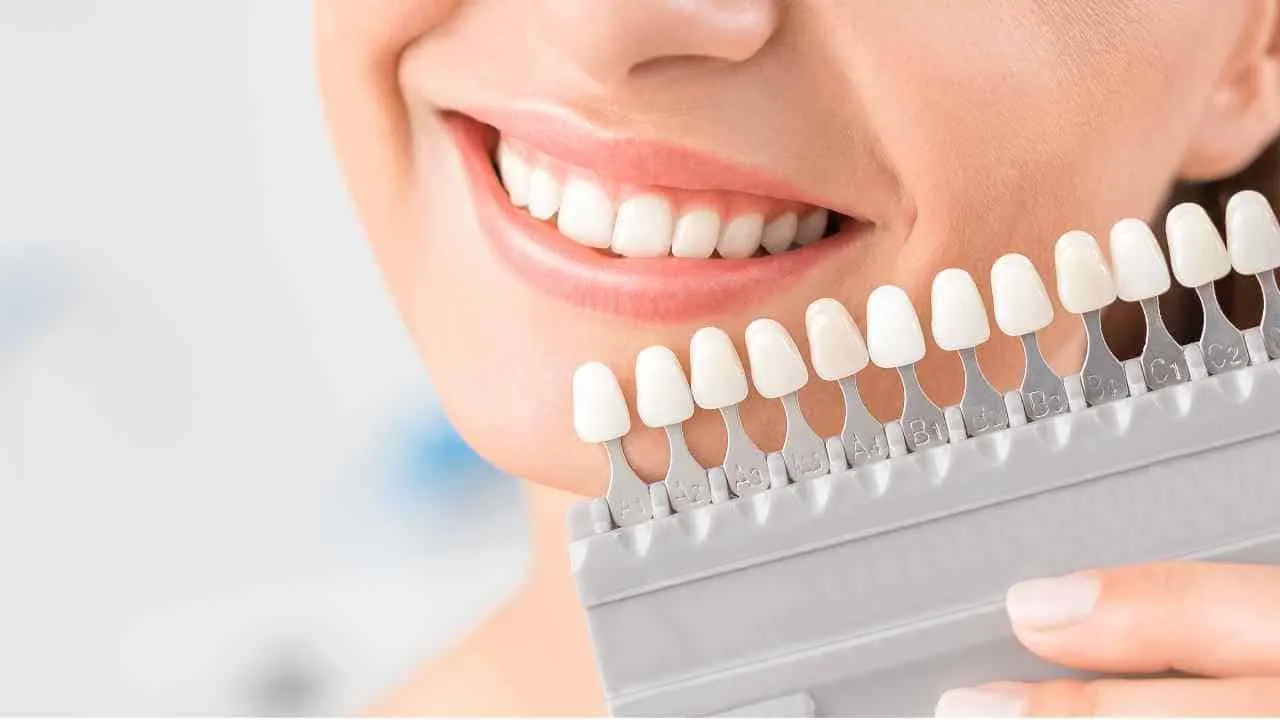Understanding Teeth Whitening at the Dentist
Teeth whitening has become an increasingly popular cosmetic dental procedure, and for good reason. A brighter, whiter smile can significantly boost your confidence and overall appearance. When considering teeth whitening, it’s essential to explore the options available through your dentist. Unlike over-the-counter products, professional teeth whitening offers stronger bleaching agents and expert application, resulting in more dramatic and longer-lasting results. This article delves into the costs associated with teeth whitening at a dentist’s office, providing a comprehensive understanding of the factors influencing the price, different procedures, and how to make an informed decision for a dazzling smile.
Types of Teeth Whitening Procedures
Dentists offer various teeth whitening procedures tailored to individual needs and preferences. These can be broadly categorized into two main types in-office whitening and at-home whitening kits. Each method has its own advantages, and the best choice for you will depend on your desired results, time constraints, and budget. Understanding the differences between these procedures is crucial for evaluating the potential costs and benefits associated with each option. It is vital to consult with your dentist to determine which procedure aligns best with your specific oral health and cosmetic goals.
In-Office Whitening (Chair-side Whitening)
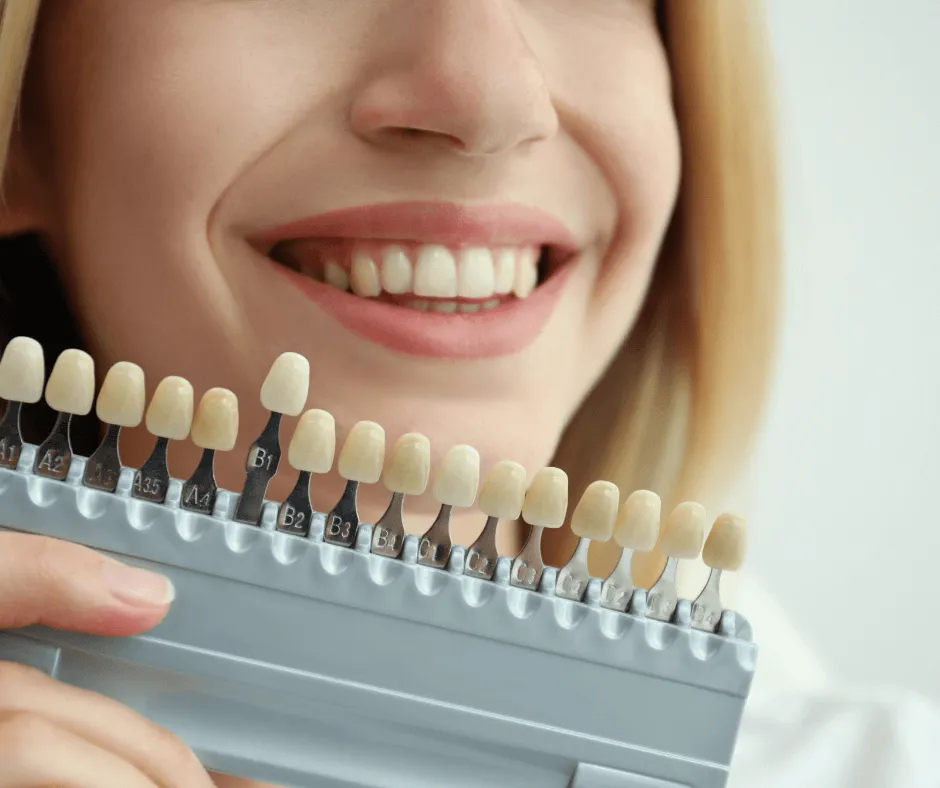
In-office teeth whitening, also known as chair-side whitening, is a procedure performed entirely within the dental office. It involves the application of a high-concentration bleaching agent to the teeth, often activated by a special light or laser to accelerate the whitening process. This method typically delivers the most dramatic results in a single appointment, making it a popular choice for those seeking immediate improvement. The dentist carefully monitors the process, ensuring the safety and effectiveness of the treatment. The cost of in-office whitening is usually higher than at-home methods due to the specialized equipment, professional expertise, and immediate results.
At-Home Whitening Kits Provided by Dentist
At-home whitening kits provided by dentists offer a more convenient and cost-effective approach to teeth whitening. These kits typically include custom-fitted trays and a lower-concentration bleaching gel, which the patient uses at home for a specified period. The dentist will take impressions of your teeth to create these custom trays, ensuring a comfortable and precise fit. This method requires more patience, as the whitening process takes place over several weeks. However, it allows for greater control over the whitening process and can be a suitable option for maintaining results after an in-office treatment. The cost of these kits is generally lower than in-office procedures, making them an accessible option for many.
Factors Influencing Teeth Whitening Cost
The cost of teeth whitening at a dentist’s office is not a fixed price, as several factors influence the final amount. Understanding these variables can help you budget accordingly and make informed decisions about your treatment. The expertise of the dentist, the type of procedure chosen, geographic location, and any insurance coverage or payment options are all critical elements in determining the overall cost. By considering these aspects, patients can gain a clearer picture of what to expect financially and assess the value of the investment in their smile.
The Dentist’s Expertise and Experience
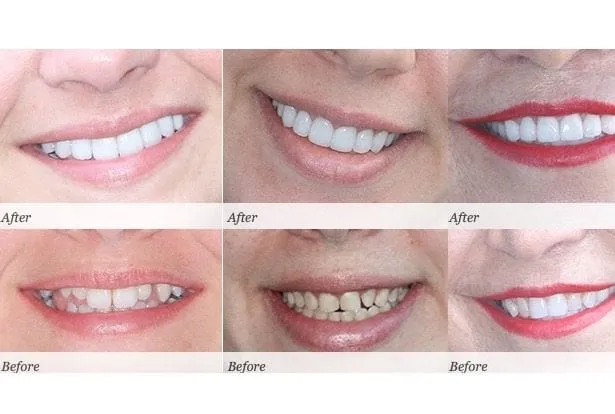
The experience and expertise of the dentist play a significant role in the cost of teeth whitening. Dentists with specialized training or a long history of providing cosmetic dental services may charge more for their services. This is often due to their advanced skills, the quality of materials they use, and their ability to deliver superior results. Choosing an experienced dentist can ensure a safer and more effective whitening process, minimizing the risk of complications and maximizing the chances of achieving your desired outcome. It is essential to consider the dentist’s qualifications and reputation when evaluating the overall cost.
The Type of Whitening Procedure
As previously mentioned, the type of teeth whitening procedure selected has a direct impact on the cost. In-office whitening, with its immediate results and advanced technology, typically costs more than at-home whitening kits. The cost difference is attributed to the higher concentration of bleaching agents used, the specialized equipment required, and the professional supervision provided during the treatment. At-home kits are generally more affordable, offering a cost-effective solution for those seeking gradual whitening or maintaining the results of an in-office procedure. Your dentist can guide you in choosing the most suitable method based on your budget and aesthetic goals.
Location and Geographic Factors
The geographic location of the dental practice can also influence the cost of teeth whitening. Dental practices in urban areas or regions with a higher cost of living may charge more than those in rural areas or regions with lower expenses. This is because operational costs, such as rent, utilities, and staff salaries, vary depending on the location. Additionally, the demand for cosmetic procedures in a particular area can also affect the prices. It’s always a good idea to compare prices from different dental practices in your area to get the best possible value.
Insurance Coverage and Payment Options
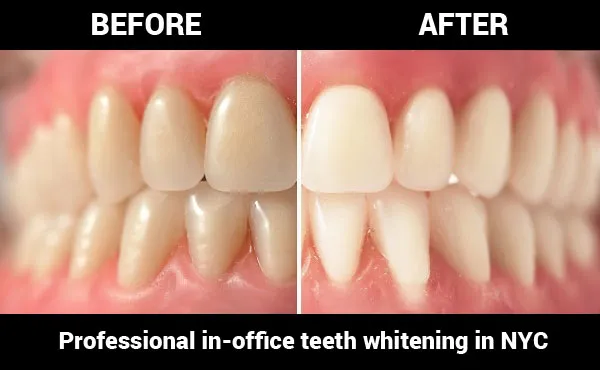
Teeth whitening is generally considered a cosmetic procedure and is typically not covered by dental insurance. However, some insurance plans may cover a portion of the cost if the whitening is deemed medically necessary. It’s crucial to check with your insurance provider to understand your specific coverage. Many dental practices offer various payment options, such as installment plans or financing options, to make teeth whitening more accessible. Discussing these options with your dentist can help you manage the cost and achieve your desired results without financial strain. Consider also using a flexible spending account (FSA) or health savings account (HSA) if you have one, as they can be used to pay for teeth whitening.
How to Prepare for Teeth Whitening
Preparing for teeth whitening is essential to ensure the best possible outcome and minimize potential complications. Before undergoing any teeth whitening procedure, it’s vital to consult with your dentist for a thorough examination. This evaluation helps determine if you are a good candidate for teeth whitening and identify any existing oral health issues that need to be addressed. Furthermore, understanding the aftercare instructions and avoiding certain foods and drinks can significantly impact the longevity of your results. By taking these preparatory steps, you can optimize your teeth whitening experience and enjoy a brighter, more confident smile.
Consultation and Examination
A consultation and examination with your dentist are the first steps in preparing for teeth whitening. During this appointment, the dentist will assess your oral health, examine your teeth for any existing dental work (such as fillings or crowns), and evaluate the overall condition of your teeth and gums. This is essential because teeth whitening is not effective on existing dental restorations, and these will not whiten along with your natural teeth. Your dentist can also identify any underlying issues, like cavities or gum disease, that need to be addressed before whitening. This consultation helps determine the best whitening approach for your unique needs and ensures the treatment’s safety and effectiveness.
Avoiding Staining Foods and Drinks
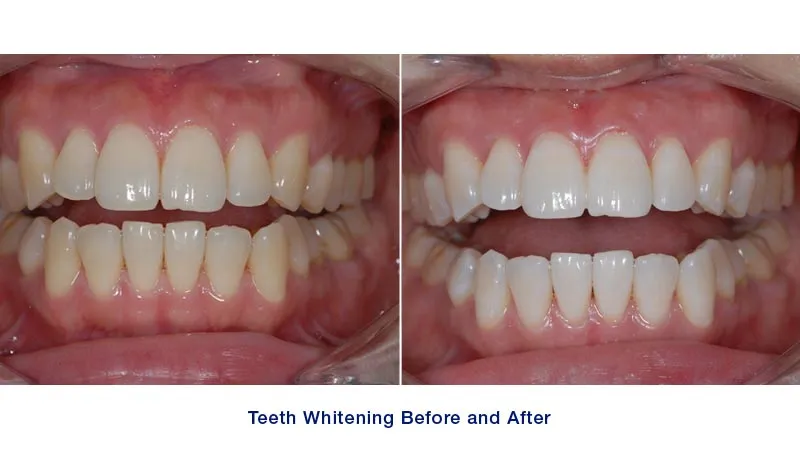
To maximize the results of your teeth whitening and prevent staining, it’s essential to avoid or minimize the consumption of certain foods and drinks. Highly pigmented items, such as coffee, tea, red wine, berries, and dark sauces, can stain your teeth and diminish the whitening effects. Smoking and using tobacco products also contribute to tooth discoloration and should be avoided. During the whitening process and for a few weeks afterward, it is advisable to follow a ‘white diet,’ consisting of foods like white rice, chicken, and dairy products. This will help maintain the brightness of your newly whitened smile for a longer period.
Aftercare and Maintenance
Proper aftercare and maintenance are crucial for extending the life of your teeth whitening results. Following your dentist’s instructions and adopting good oral hygiene practices can help you maintain a bright smile for an extended period. This includes regular brushing and flossing, using a whitening toothpaste, and scheduling routine dental check-ups and cleanings. Incorporating these habits into your daily routine will not only help preserve your smile but also promote overall oral health. Proper aftercare ensures your investment in teeth whitening yields lasting benefits.
Maintaining Your White Smile
Maintaining your white smile involves a combination of consistent oral hygiene practices and lifestyle adjustments. Brushing your teeth twice a day with a whitening toothpaste can help remove surface stains and keep your teeth bright. Flossing daily removes plaque and debris, preventing the buildup of stains. Regular dental check-ups and professional cleanings are essential for removing any stubborn stains and maintaining your overall oral health. Avoiding or limiting the consumption of staining foods and drinks will also help preserve your results. Consider using a straw for beverages that tend to stain teeth, minimizing direct contact. With diligent care, you can enjoy a dazzling, white smile for years to come.
Common Questions About Teeth Whitening
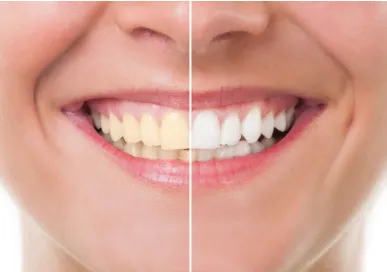
Many people have questions about teeth whitening, ranging from its safety and effectiveness to how long the results will last. Addressing these concerns is vital for making an informed decision and ensuring realistic expectations. Understanding the common questions about teeth whitening can help you feel more confident and prepared for the procedure. Consulting with your dentist will provide personalized answers based on your specific needs and oral health status, ensuring you receive the most accurate information.
Is Teeth Whitening Safe?
Teeth whitening is generally considered a safe procedure when performed by a qualified dentist. The bleaching agents used, primarily hydrogen peroxide or carbamide peroxide, are effective in removing stains and brightening teeth. However, some individuals may experience temporary side effects, such as increased tooth sensitivity or mild gum irritation. These side effects are usually temporary and subside shortly after the treatment. It is essential to inform your dentist about any existing dental conditions or sensitivities before undergoing teeth whitening. Following the dentist’s instructions and attending regular check-ups can further ensure the safety of the procedure. Always choose a reputable dental professional to minimize any potential risks.
How Long Does Teeth Whitening Last?
The longevity of teeth whitening results varies depending on individual factors and aftercare practices. On average, teeth whitening can last from several months to a few years. The duration is influenced by factors such as your diet, oral hygiene habits, and lifestyle choices. Avoiding staining foods and drinks, refraining from smoking, and practicing good oral hygiene can significantly extend the life of your results. Some people may choose to undergo touch-up treatments or use at-home whitening products to maintain their bright smile. Regular dental check-ups and professional cleanings also help keep your teeth looking their best. With proper care, you can enjoy a white smile for an extended period.
